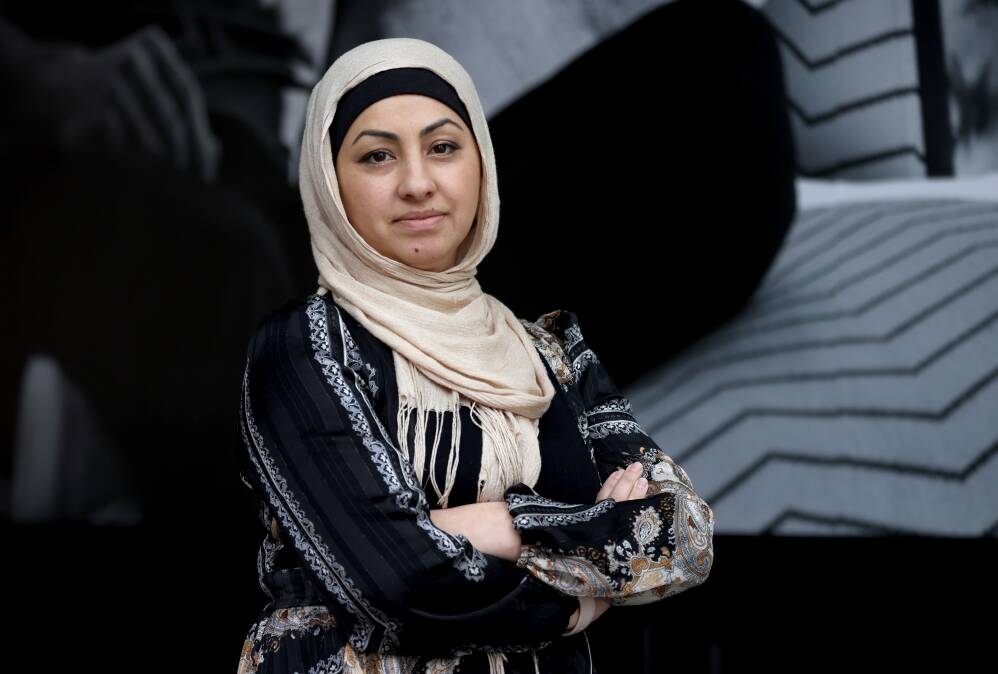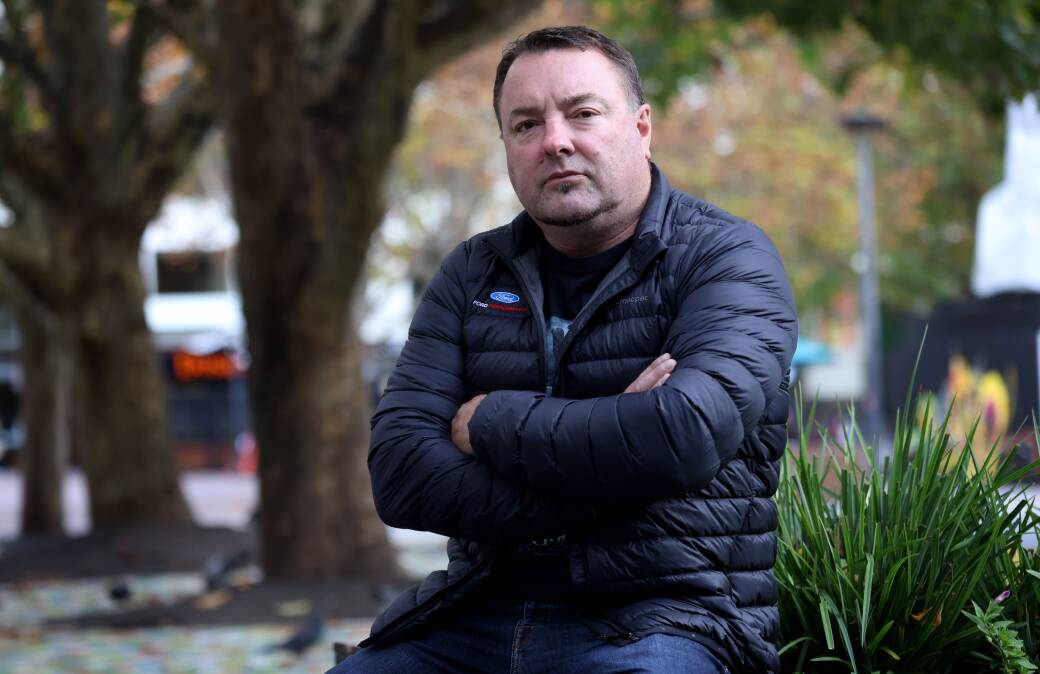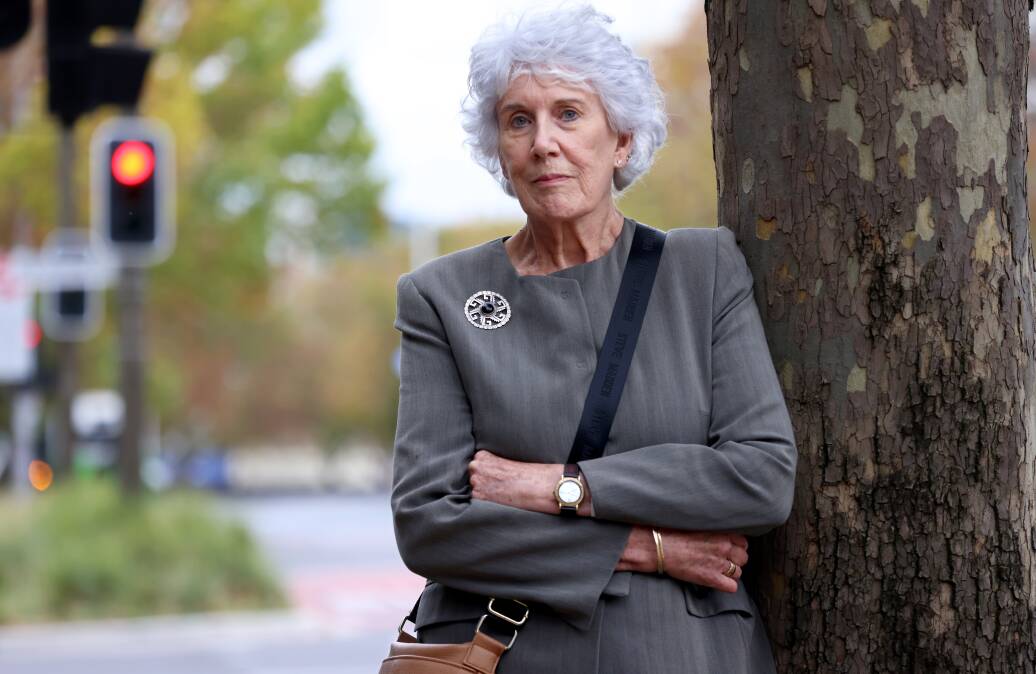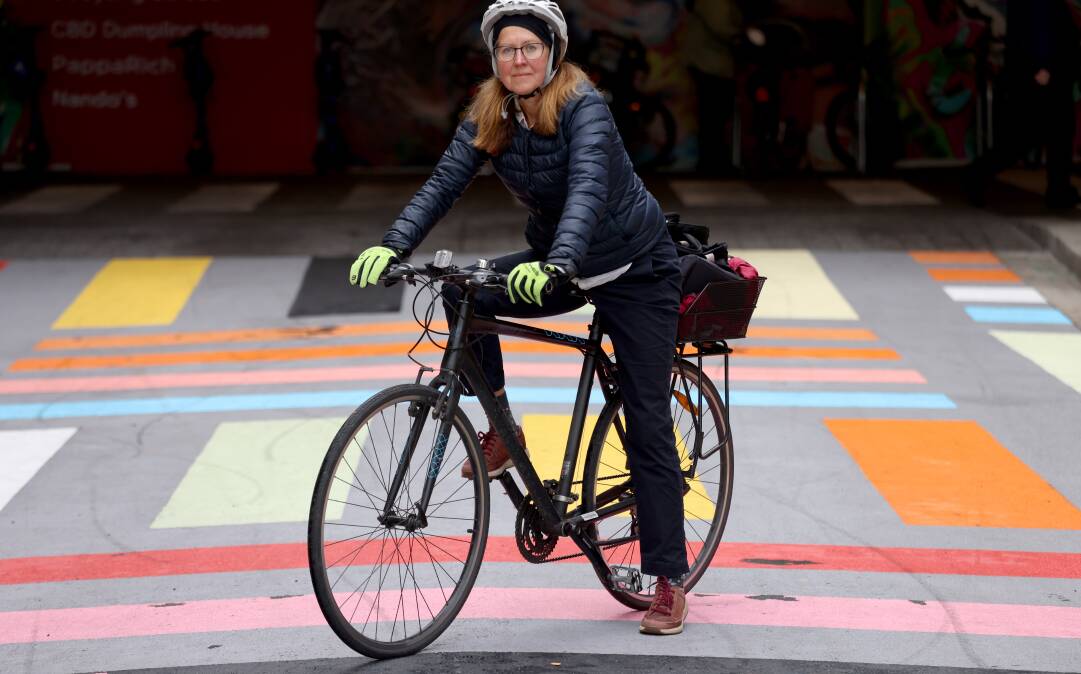
The Reserve Bank's decision to raise the cash rate to 0.35 per cent isn't what's concerning for people, it's the potential for it to keep going up on top of mounting pressure to the cost of living.
Based in Denman Prospect, Mona Elmir has just signed onto a loan in December with her husband for a house they built, but due to how expensive the ACT is becoming and potential for rates to continue going up, her family may have to reconsider living in the capital.
"My husband's already speaking about moving to a different state because it's just not as affordable as it used to be, which is really disappointing because my kids have been raised here," she said.
Ms Elmir says "one [increase] is probably doable" but it's when additional rate rises come "it's going to be a bit hard".
This recent cash rate on top of increased inflation affecting fuel and groceries has added extra pressure to the mother of four also working in the public service.
"You can't walk out of Woolies with anything under $100 for one bag, it's just really hard so I've actually had to go back to work for us to be able to afford it," she said.
Attention on higher costs has meant others see this to be the dominant issue coming into the election. Small business owner of ICU Security Cameras David Baker says "it had to happen" and he will focus on who the better leader will be in avoiding dramatic increases to the rate.

"My concern is who wins the election to who controls it better, to whether it gets to 3 per cent or whether it gets to 6 per cent," he said.
Mr Baker is a property owner and investor in Nowra down by the South Coast and is developing units, so finds the risk of a dramatic rise to rates "bad news for me".
"If [the government] gets interest rates to 6 or 7 per cent, the whole country is going to be in trouble and it's going to be people who are up against the wall not able to afford to keep their home or business," he said.
Yet to enter the market, finance and economics researcher from the Australian National University Jin Lv rents in Turner and has delayed his plans to buy a house because of increased rates.
"I was thinking about entering last year and started to check some apartments but haven't bought yet ... I will delay purchase probably," he said.

Statistics PhD student from the ANU Wei Li worries how interest rates will affect the price of his rent and further cost of living.
"The price you have to pay for the renting and also the rise for mortgage I think will be affected by the increase of the interest rate," he said.
Retiree Marie Falconer is having the opposite experience, as she has paid off her mortgage, meaning there "might be a slight improvement in my financial state".

"I do feel that it's going to be very difficult for people who are struggling to meet their mortgage repayments at the moment, it's going to become very hard for them," she said.
"When we bought the interest rates were 11 per cent and everybody said you're absolutely crazy ... but we knew what we were getting into."
Julia Newton Howes is also "at that fortunate stage where I'm not paying off my mortgage", but worries about her children's home loans.
"We need a government that will manage the economy in a holistic way and ensure that we don't see increasing inequality in society," she said.








